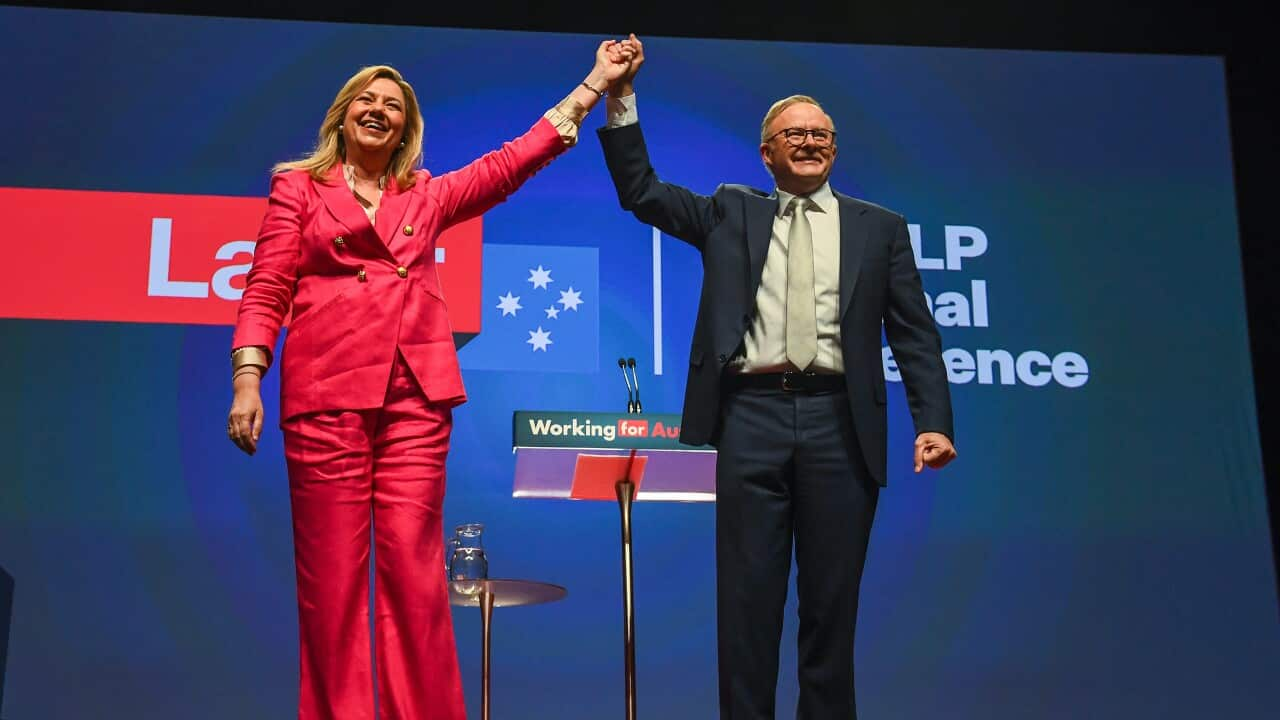Key Points
- The Victorian government has expanded a scheme that seeks to improve sick leave entitlements for casual workers.
- Eligible recipients can access up to 38 hours of sick pay per year, paid at the minimum wage of $23.23 per hour.
- The government also extended the program by a year, meaning it will now run until March 2025.
Casual hairdressers, rideshare drivers and fitness instructors in Victoria are now eligible for government-funded sick pay after the state government expanded a pilot program.
More occupations have been added to the Australia-first program, which pays sick leave entitlements to casual workers who would otherwise not receive them.
It launched in March 2022 off the back of the pandemic, after the impact of lockdowns in Victoria and the disadvantage they gave to casual workers showed a major gap in sick leave entitlements.
Community support workers, taxi and rideshare drivers, fitness instructors, tourism and outdoor recreation workers, factory workers, fruit pickers and hairdressers are some of the occupations that have been added to the scheme.
The state's employment minister Ben Carroll said on Saturday people should never have to choose between going to work sick or going without pay.
"Insecure work has terrible consequences, and we know how important it is for people to have the support and certainly they need to stay home and recover if they are sick or caring for a loved one," he said.
Casual workers can check if they are eligible for the program through the Service Victoria app.
If eligible, recipients can access up to 38 hours a year of sick and carer pay, paid at the minimum wage of $23.23 per hour.
Mr Carroll said the $245.7 million scheme gives workers the financial security to stay home when they need to.
"People shouldn't be forced to choose between going to work sick or putting food on the table. We're proud to be expanding the Sick Pay Guarantee, because we know how important it is to support Victorians," he said.
More than 1.8 million hours of sick and carer's pay has been covered since the scheme's inception.
The government is also expanding the length of the pilot program, and it will now run for an additional year until March 2025.
Initial take-up was slow, with only about a third of the expected numbers signed up nine months into the pilot.
Mr Carroll said earlier in the year the government was working through a long-term solution to funding the scheme and would not rule in or out a tax or levy on businesses.












